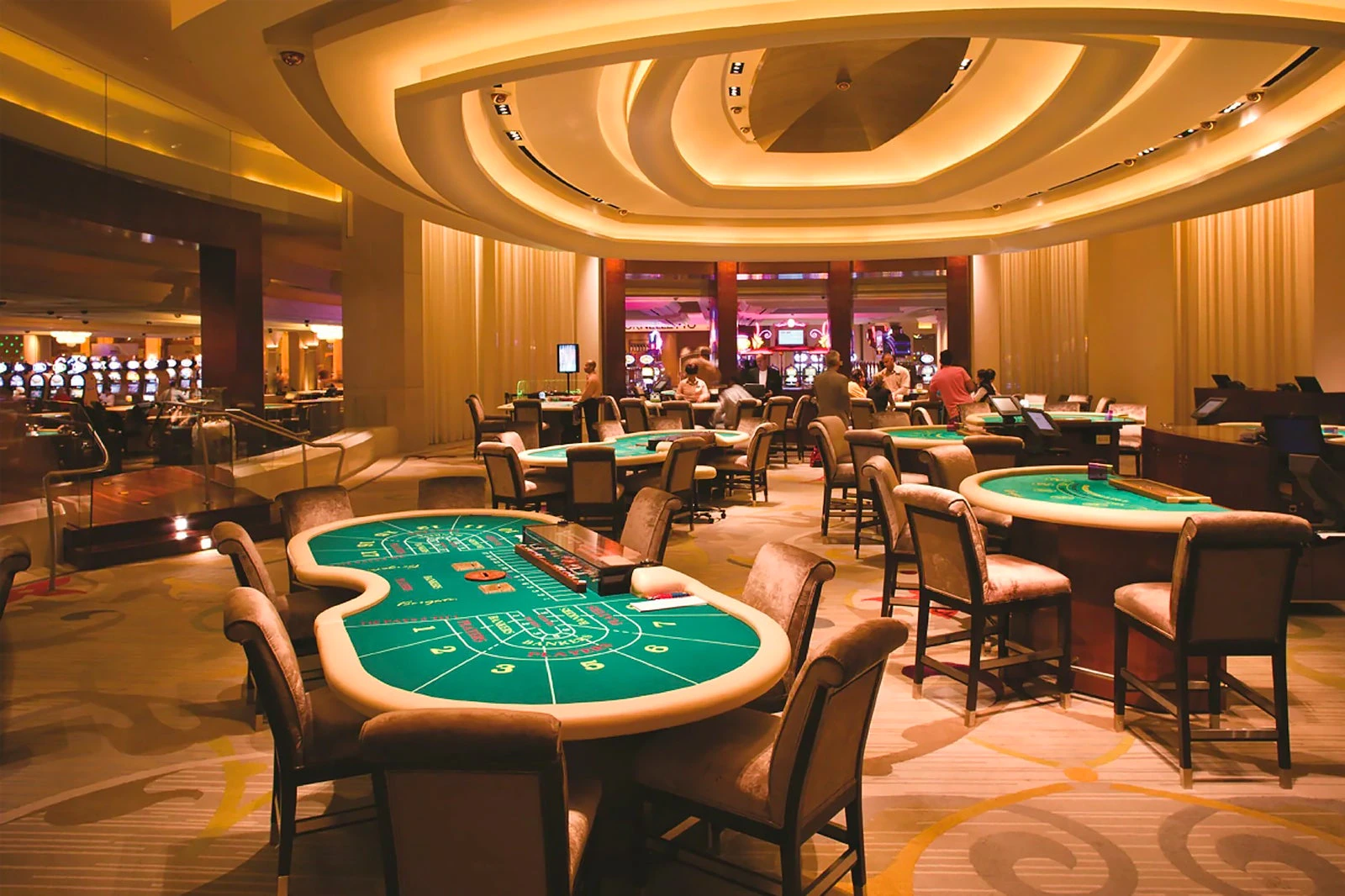The Caribbean islands are known for their beautiful beaches, warm climate, and vibrant culture. Another attraction that draws visitors to the region is its casinos. Many of the islands have legalized gambling and offer a range of casino experiences like HellSpin Login from small gaming rooms to large resorts with luxurious accommodations and top-notch entertainment.
History of Casinos in the Caribbean
Gambling has been a part of Caribbean culture for centuries, dating back to the early days of colonialism. However, it was not until the 1970s that the first modern casinos were established in the region. The opening of the Atlantis Resort and Casino on Paradise Island in the Bahamas in 1998 was a turning point for the industry, paving the way for other major casino developments across the Caribbean.
Current State of Casinos in the Caribbean
Today, there are over 100 casinos across the Caribbean islands, with the majority located in the Bahamas, the Dominican Republic, and Puerto Rico. The casinos offer a variety of gaming options, including slot machines, table games like roulette and blackjack, and poker. Many also offer sports betting, with horse racing being a popular option.
Some of the most well-known casinos in the Caribbean include the Atlantis Casino Resort in the Bahamas, the Hard Rock Hotel & Casino in Punta Cana, and the San Juan Marriott Resort & Stellaris Casino in Puerto Rico. These large resorts offer not only gambling facilities but also luxury accommodations, spas, restaurants, and entertainment venues.
Impact of Casinos on the Caribbean Economy and Society

The casino industry has had a significant impact on the Caribbean economy, providing employment opportunities and generating billions of dollars in revenue each year. According to a report by Oxford Economics, the casino industry contributed $5.4 billion to the Caribbean economy in 2017 and supported over 44,000 jobs.
However, the impact of casinos on Caribbean society has been a topic of debate. Some argue that the industry has led to increased crime rates, addiction, and social problems. Others contend that it has provided much-needed economic development and tourism, particularly for smaller islands that may not have other industries to rely on.
To address these concerns, many Caribbean countries have implemented strict regulations and laws around gambling. For example, in the Bahamas, the legal gambling age is 18, and casinos are required to provide information and resources for problem gambling. In the Dominican Republic, casinos must adhere to strict licensing requirements and provide security measures to ensure the safety of patrons.
In conclusion, the casino industry in the Caribbean has grown significantly over the past few decades, with many of the islands now offering a range of gaming experiences for visitors. While the industry has had a positive impact on the economy, concerns around its impact on society have been raised. It is important for Caribbean governments to continue to regulate the industry and provide resources for responsible gambling to ensure that the benefits of the industry are maximized and the potential negative effects are minimized.
